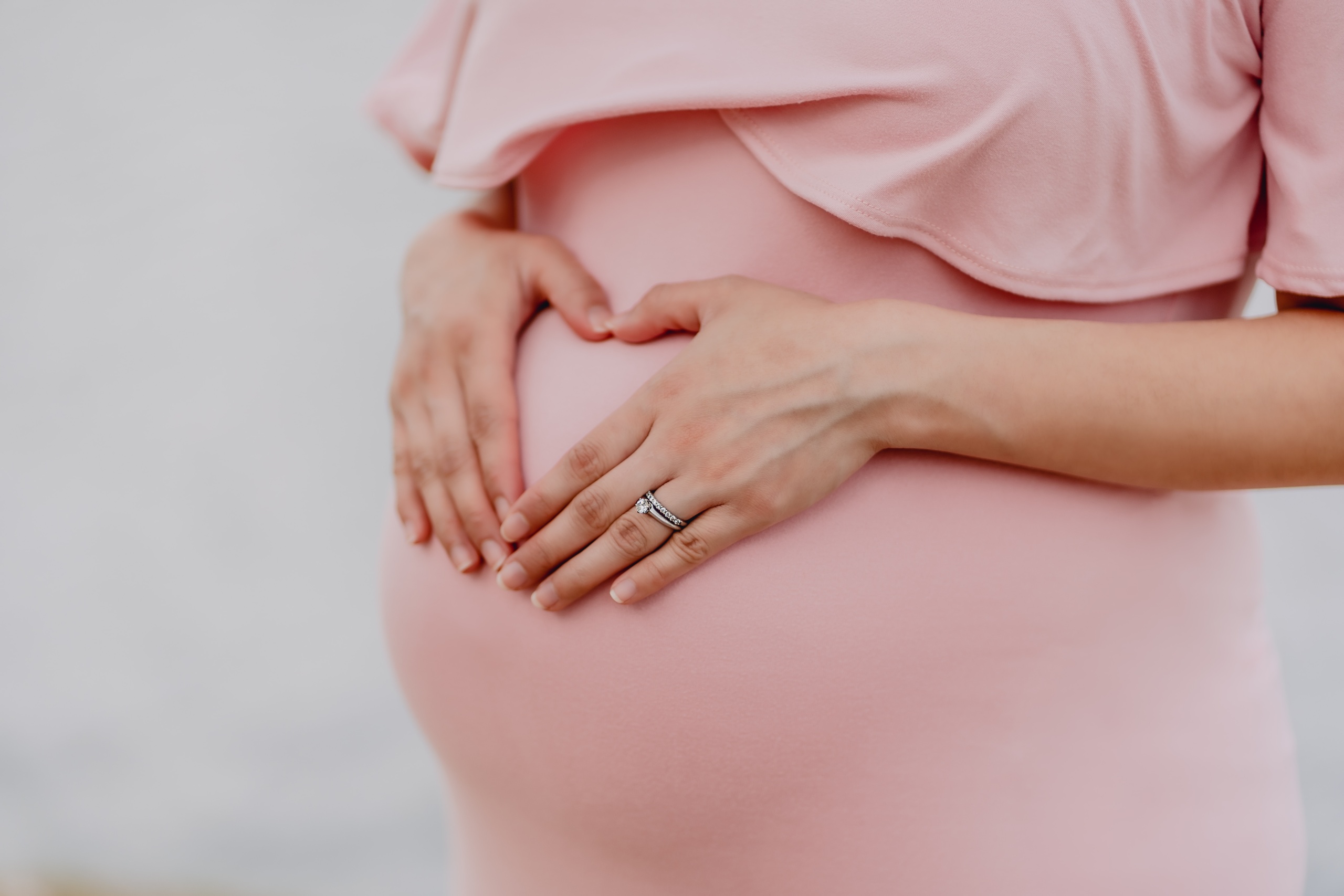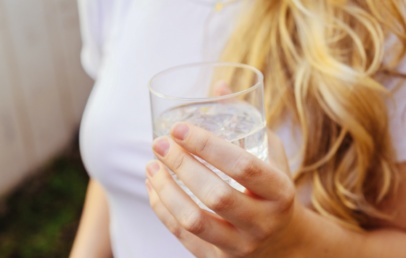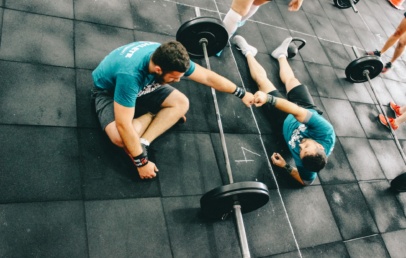
Pregnancy is a transformative journey filled with excitement and anticipation but comes with various physical and nutritional demands. Ensuring the mother’s and growing baby’s health and well-being is paramount during this period. To achieve this, pregnant women must pay special attention to their diet and ensure a balanced intake of essential nutrients.
Folate (Folic Acid)
Folate, also known as folic acid when taken in supplement form, is perhaps one of the most crucial nutrients for pregnant women. It is vital in preventing neural tube defects in the developing baby, especially during the first trimester. Foods rich in folate include leafy greens, fortified cereals, and legumes. Most prenatal vitamins also contain folic acid to ensure an adequate intake.
Iron
Iron is essential during pregnancy because it helps transport oxygen to the mother and the fetus. As pregnancy progresses, a woman’s blood volume increases, making iron intake even more critical to prevent anemia. Good dietary sources of iron include lean meats, poultry, fish, beans, and fortified cereals. It is advisable to pair iron-rich foods with vitamin C-rich foods like citrus fruits to enhance iron absorption.
Calcium
Calcium is essential for the development of the baby’s bones and teeth. If a pregnant woman doesn’t consume enough calcium, the growing baby will draw calcium from the mother’s bones, potentially leading to weakened bones. Dairy products, leafy greens, fortified plant-based milk, and calcium supplements are excellent sources of this nutrient.
Protein
Protein is a building block of life and is critical for the growth and development of the baby. It also helps the mother’s body cope with the increasing demands of pregnancy. Good protein sources include lean meats, poultry, fish, dairy products, eggs, beans, and tofu.
Omega-3 Fatty Acids
Omega-3 fatty acids, particularly docosahexaenoic acid (DHA), are essential for developing the baby’s brain and eyes. These healthy fats are in fatty fish like salmon and trout, flaxseeds, chia seeds, and walnuts. DHA supplements derived from algae are available for those who don’t consume fish.
Vitamin D
Vitamin D plays a crucial role in calcium absorption and bone health. It’s also necessary for the baby’s bone development. Good dietary sources of vitamin D include fortified dairy products, fatty fish, and egg yolks. However, getting enough vitamin D from food alone can be challenging, so that many pregnant women may require supplements.
A well-balanced diet is crucial for the mother and baby’s health and development during pregnancy. Ensuring an adequate intake of essential nutrients can help prevent complications and support a healthy pregnancy.




